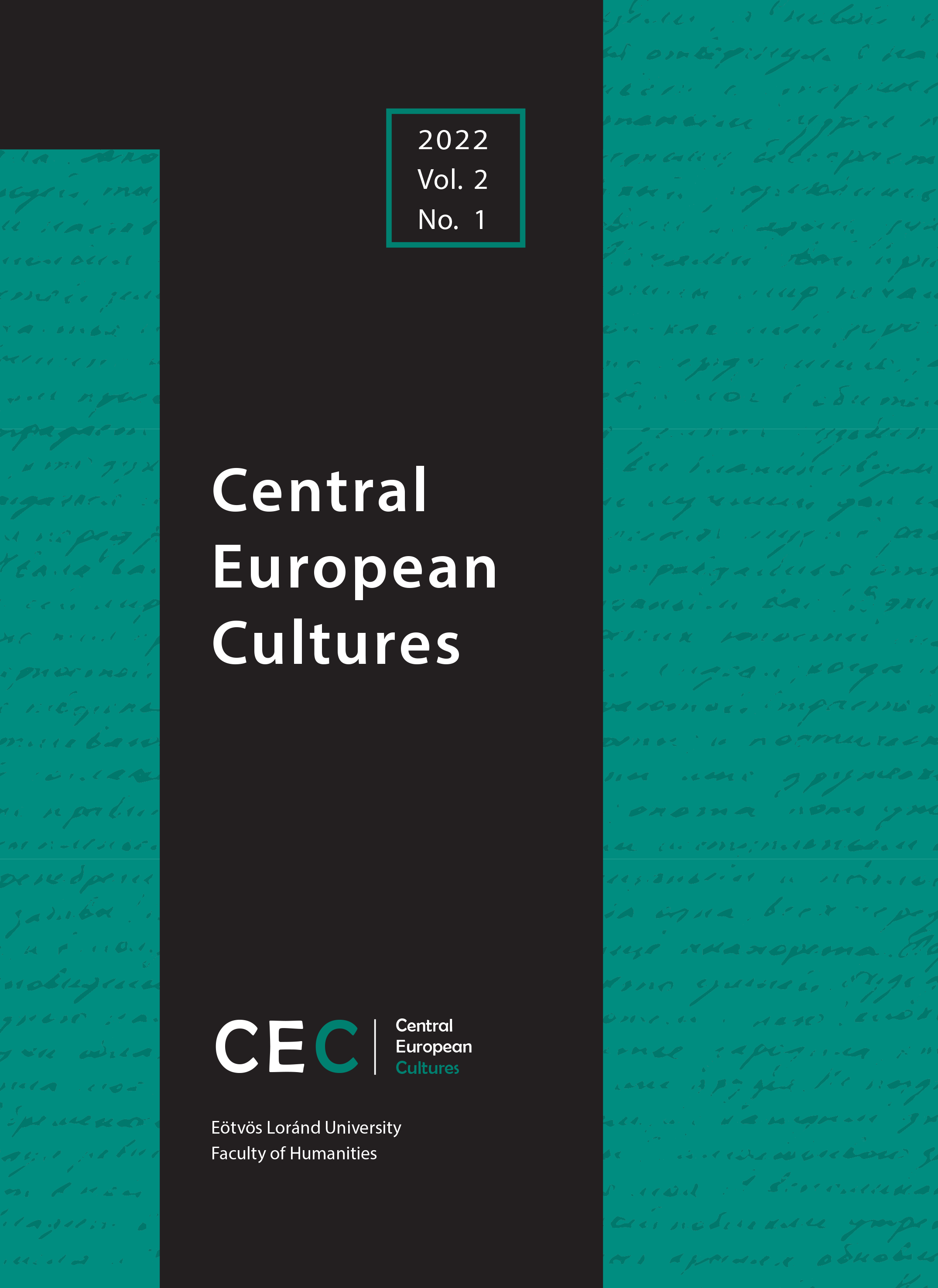Published 2023-01-26
Keywords
- exile, lament songs, prayer, Hungarian popular poetry, manuscripts, popular prints, seventeenth century, eighteenth century
How to Cite
Copyright (c) 2023 Author(s)

This work is licensed under a Creative Commons Attribution-NonCommercial 4.0 International License.
Abstract
The Hungarian word bujdosás originally referred to both exile and travel in general; thus, peregrination was understood as “bujdosás or travel in foreign lands”. This was not without a reason, as public safety, harsh travel conditions and unfamiliar foreign customs made exile and travel similar to each other. The genre of the exile song, which deals with wandering and leaving one’s homeland, already in the Middle Ages was connected to the image of hopelessness caused by leaving and saying farewell, as well as with the encounter with the unfathomable nature of one’s fate. The real model for later Hungarian farewell and exile songs is two poems by Bálint Balassi (cca. 1589). Seventeenth–eighteenth century complaint songs were increasingly concerned with the private sphere, turning more and more towards the lyric self. This is the experience that connects political and religious refugees, people in exile for private reasons, travellers and peregrines. Therefore, the genres of the complaint song and the exile song are markedly present in early modern popular poetry. The genre of exile song occurs with an increasing frequency already in the first half of the seventeenth century. In the early eighteenth century, the emigration waves following the end of the Rákóczi Insurgence turned exile into an everyday experience for both the exiled and those staying behind. Biblical reminiscences and the exodus motif known from the Old Testament were increasingly frequent, at times even at the expense of description of personal life. The exile song is an important and complex genre in Hungarian migration literature. These songs discuss central questions of several centuries, from fleeing personal problems to religious and political persecution, from the peregrine student’s desire for freedom to the risks taken for one’s worldview. They present all this in an empathetic, personal and rewritable way, constantly modifying the model at the same time.

